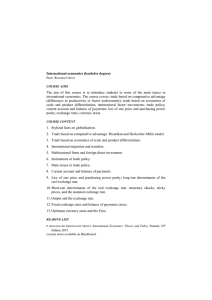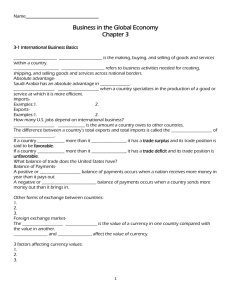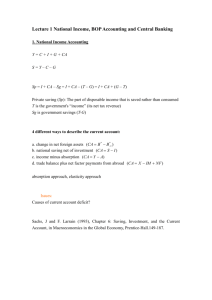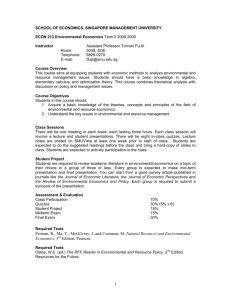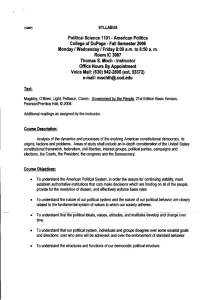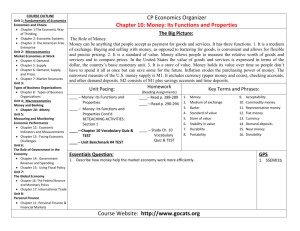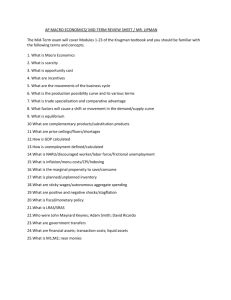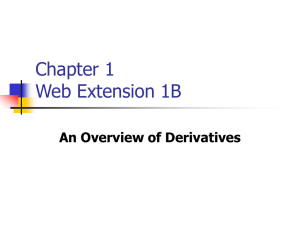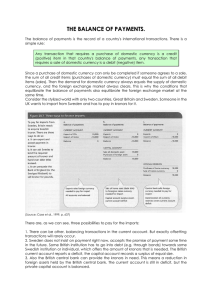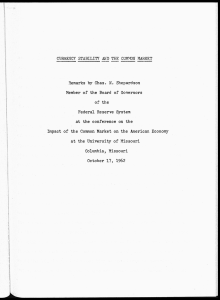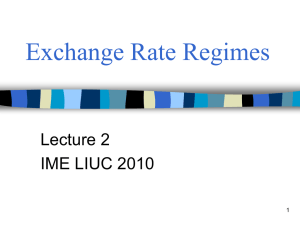Simon Fraser University Department of Economics Economics 345
advertisement
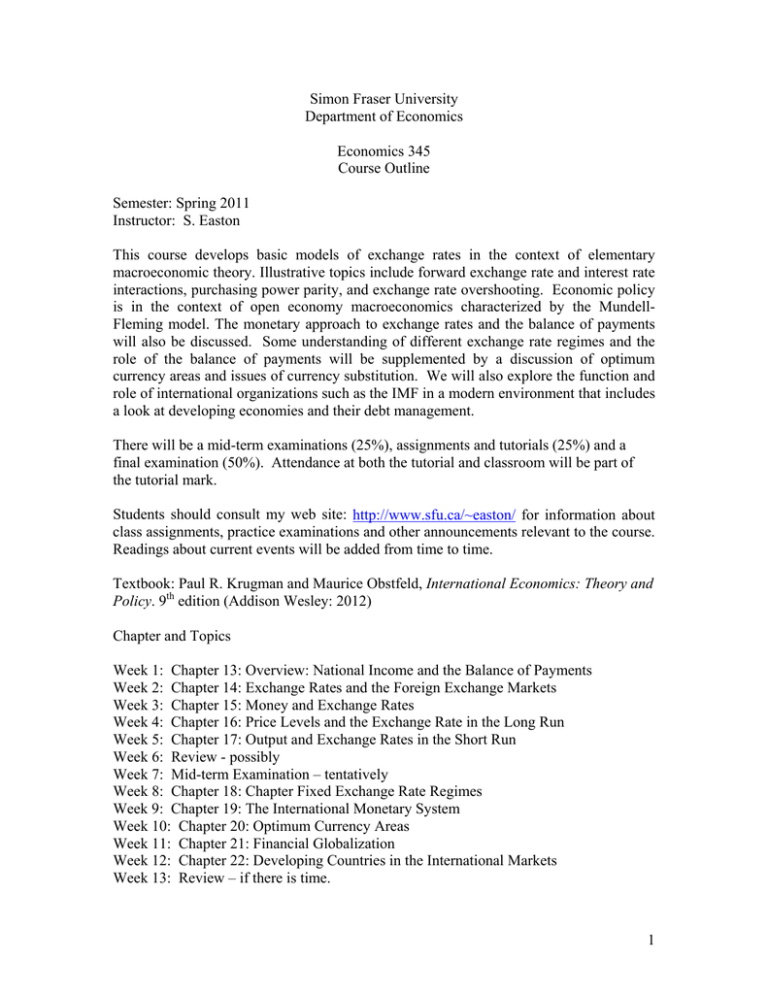
Simon Fraser University Department of Economics Economics 345 Course Outline Semester: Spring 2011 Instructor: S. Easton This course develops basic models of exchange rates in the context of elementary macroeconomic theory. Illustrative topics include forward exchange rate and interest rate interactions, purchasing power parity, and exchange rate overshooting. Economic policy is in the context of open economy macroeconomics characterized by the MundellFleming model. The monetary approach to exchange rates and the balance of payments will also be discussed. Some understanding of different exchange rate regimes and the role of the balance of payments will be supplemented by a discussion of optimum currency areas and issues of currency substitution. We will also explore the function and role of international organizations such as the IMF in a modern environment that includes a look at developing economies and their debt management. There will be a mid-term examinations (25%), assignments and tutorials (25%) and a final examination (50%). Attendance at both the tutorial and classroom will be part of the tutorial mark. Students should consult my web site: http://www.sfu.ca/~easton/ for information about class assignments, practice examinations and other announcements relevant to the course. Readings about current events will be added from time to time. Textbook: Paul R. Krugman and Maurice Obstfeld, International Economics: Theory and Policy. 9th edition (Addison Wesley: 2012) Chapter and Topics Week 1: Chapter 13: Overview: National Income and the Balance of Payments Week 2: Chapter 14: Exchange Rates and the Foreign Exchange Markets Week 3: Chapter 15: Money and Exchange Rates Week 4: Chapter 16: Price Levels and the Exchange Rate in the Long Run Week 5: Chapter 17: Output and Exchange Rates in the Short Run Week 6: Review - possibly Week 7: Mid-term Examination – tentatively Week 8: Chapter 18: Chapter Fixed Exchange Rate Regimes Week 9: Chapter 19: The International Monetary System Week 10: Chapter 20: Optimum Currency Areas Week 11: Chapter 21: Financial Globalization Week 12: Chapter 22: Developing Countries in the International Markets Week 13: Review – if there is time. 1 Students should actively inform themselves about the world financial environment. Reading the business pages of the daily newspaper, the Vancouver Sun, Province, National Post, or Globe and Mail provide reasonable sources of information. Other more extensive coverage is provided by the Wall Street Journal or the New York Times. More extensive and informative coverage yet is available in The Economist. If you decide to add a single source, The Economist is it. 2
